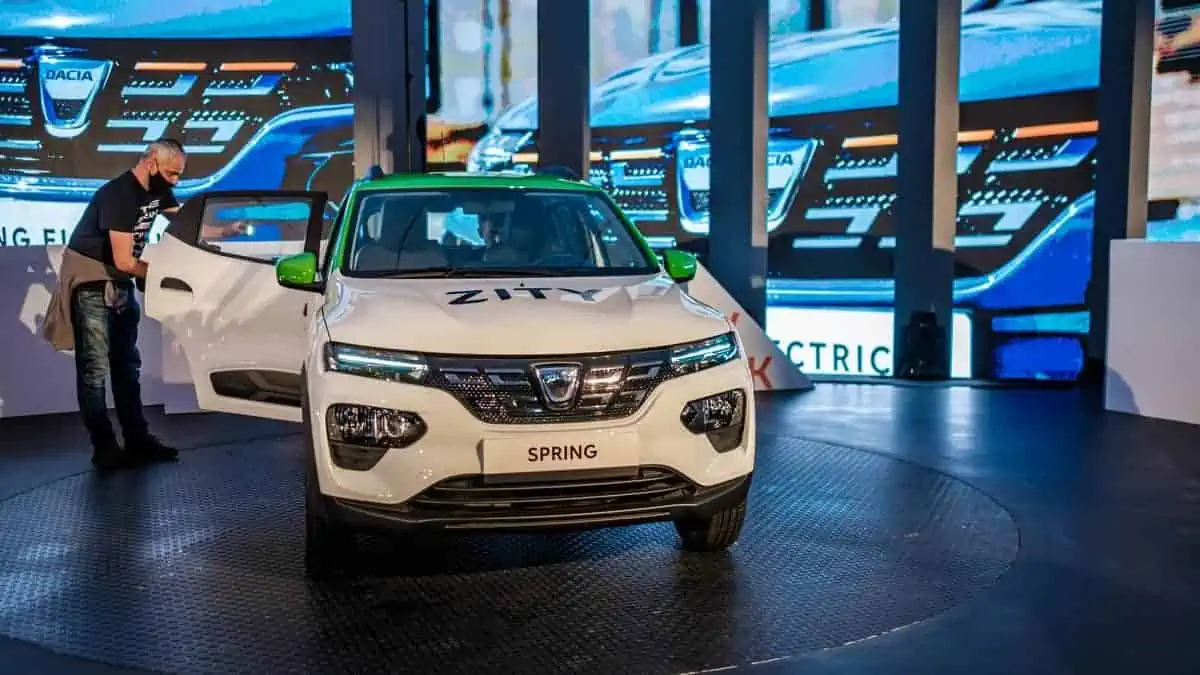France’s electric vehicle industry continues to enjoy growth amid the worldwide push for sustainable and green mobility. Impressively, electric vehicles accounted for a notable 26% of the new car sales in the country in 2023.
EV market share grows to 26%
French auto industry group Plateforme automobile revealed that the the market share of battery electrics (BEVs) and plug-in hybrids (PHEVs) grew to 26% in 2023.
Specifically, France’s overall new car sales reached a total of 1,774,729 units last year. Of that total, BEVs accounted for 17% (up 47% YoY), while PHEVs represented 9%.
“It’s a record. We have never seen this. The move towards electrification is underway.”
Francois Roudier, Plateforme automobile Communications Director
Gas-powered vehicles still hold over a one-third share of the overall auto market. Nonetheless, diesel car share continues to drop to only accounting for one in every ten new car sales last year.
According to Electrek, Tesla successfully defended its dominant position owing to the popularity of the Model 3 sedan and Model Y crossover. However, the update in France’s cash incentives for electric vehicles will undoubtedly affect its performance in the country this new year as the Tesla Model 3 will no longer qualify due to its Chinese origin.
Changes in the Green Bonus scheme
The French government initially introduced the Green Bonus scheme with up to €7,000 cash incentives for lower-income electric vehicle buyers for all models. However, it realized that Chinese-made EVs benefit from an astounding one-third of those incentives. In an effort to protect local brands, the government decided to revise the rules of the scheme this new year.
It now factors in the EVs’ production and life cycle to eliminate Chinese and foreign-made models with hefty CO2 emissions in their production process, as reported by EV-a2z. These include the popular Dacia Spring and the Giga Shanghai-produced Tesla Model 3.
The rule changes did not affect the Tesla Model Y due to its local production in Gigafactory Berlin-Brandenburg in Germany.
Social leasing program
EV-a2z also reported last month France’s newly launched social leasing program for as low as €40 per month. It aids lower-income customers to lease their chosen electric vehicles for a cheaper cost. Refer to the table below:
| Model | Monthly Payment |
| Citroën ë-C3 | €54 ($59) |
| Fiat 500 | €89 ($97) |
| Opel Corsa EV | €94 ($103) |
| Peugeot e-208 | €99 ($108) |
| Opel Moka EV | €119 ($130) |
| Citroën e-C4 | €129 ($141) |
| Jeep Avenger | €149 ($163) |
| Peugeot e-2008 | €149 ($163) |
However, drivers must not surpass the annual income limit of €15,400 ($16,815) to qualify for the social leasing program. Notably, this amount falls short of France’s minimum wage by €5,000. They must also hit more than 8,000 km (4,971 miles) every year, and their home must be at least 15 km (9 miles) away from their workplace.
The French government’s strong support for the electric vehicle shift significantly boosted the industry’s growth this year. However, RFI reported that the government budget for the EV cash incentive will decline by €200 million to €1.5 billion in 2024. Nonetheless, the changes in the Green Bonus scheme and the new social leasing program will substantially aid local automakers to compete with Chinese brands that currently dominate the European and French EV markets.
France aims to produce at least 1 million electric vehicles by 2027, with more plans to develop four battery plants in the country.






